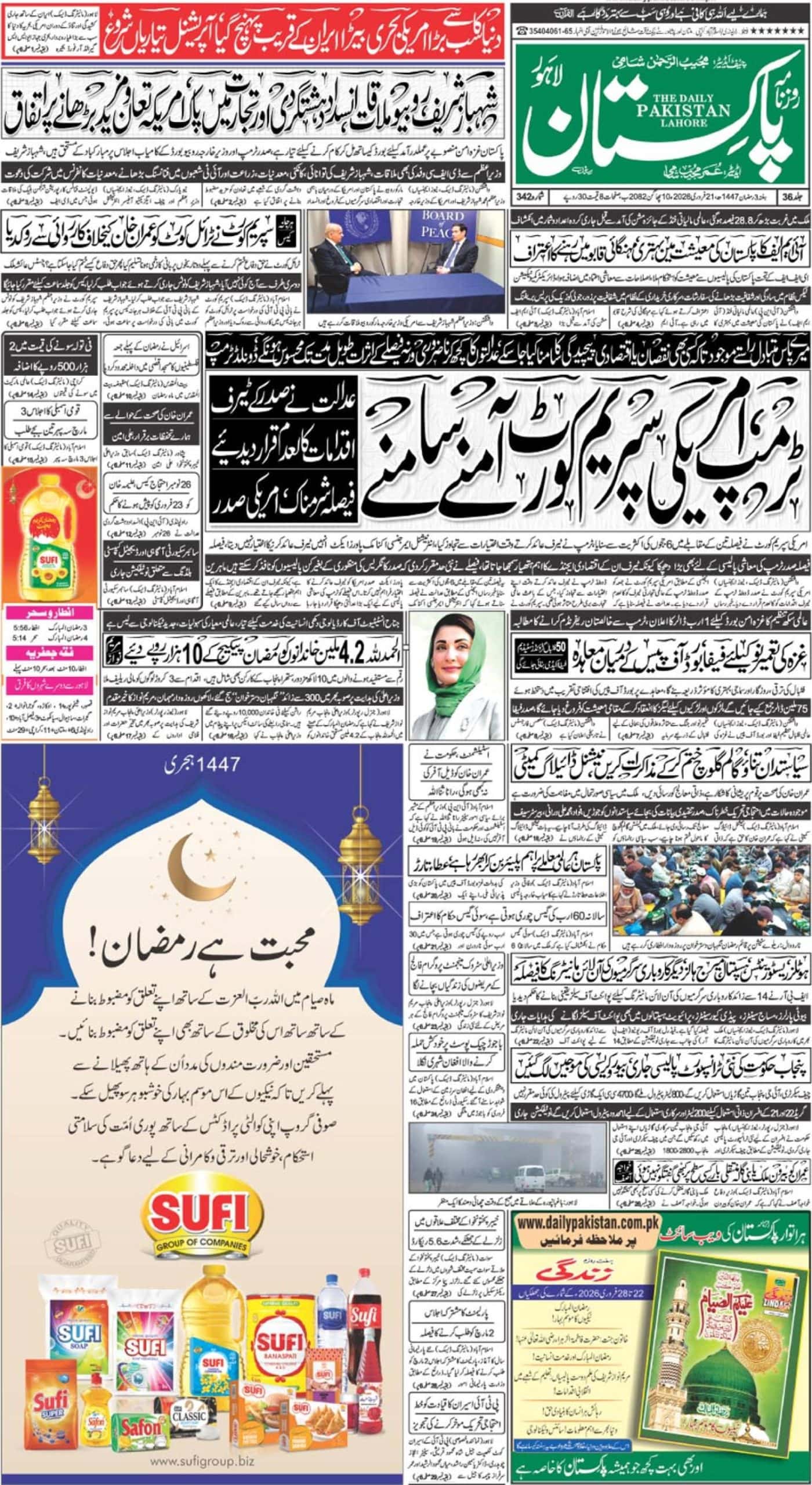A film of Sindhis, by Sindhis, for Sindhis! To break the 26 years old streak of not having any Sindhi language feature film, Rahul Aijaz is all set for equal representation of Sindhi culture as well as cinema.
Indus Echoes, Pakistan’s first Sindhi language feature film is due for release later this year. The cinematic masterpiece is written, directed, and produced by entertainment journalist Rahul Aijaz, executively produced by Lollywood actor Shamoon Abbasi, Akhtiar Ali Kalwar, and Vajdaan Shah.
What makes the film stand out is that it is an international collaboration between Pakistani, South Korean, and Ecuadorian production companies and talents.
Starring Vajdaan Shah, Ansaar Mahar, and Samina Seher, Indus Echoes is currently in the post-production stage.
“Indus Echoes explores the relationship between humans and the great Indus River through five stories set on, across and around the Indus. The stories delve into the ways the river provided for us over centuries, as well as how we treat it. It’s about the push-and-pull, love-hate relationship we have with the Indus that gave us life and civilisation and culture,” according to its synopsis.
While Aijaz’s Indus Echoes will introduce a new dimension to Sindhi cinema, his previous project, a short film called A Train Crosses the Desert, made in 2020, had paved the way. The short film was the first Sindhi language short film from Pakistan to screen internationally.
“I conceived the idea [of Indus Echoes] late last summer while having a conversation with a friend at a chai dhaba,” Aijaz told Images.
“Now that I think about it, I have been obsessed with the Indus River, as or we call it Sindhu, for a few years now. A Lahore Biennale Virtual Museum residency project I did with Sarmad Khoosat also revolved around Indus. Besides Indus Echoes, two other feature film projects I have been developing since 2020 are also in a way about the Indus River,” he said.
“I found a lot of support from talented actors to assistant directors, friends and family across Karachi and Hyderabad in order to pull off this project with a limited budget,” Aijaz commented.
“Shamoon Abbasi has been a solid support throughout and I can’t thank him enough for attaching his name to the project and lending support when it comes to the equipment and technical guidance. Akhtiar Ali Kalwar, a friend and a businessman, was the first person to say yes to the project last year. I thought of Vajdaan Shah, Ansaar Mahar and Samina Seher as the characters when I was writing and luckily, I got all three.”
Paul Battle, the CEO of BigMeta Films, a South Korea based post production house, said, “Personally, I love getting involved in projects that push me outside of my comfort zone and expose me to new genres or filmmaking approaches. This project does both. It’s a bonus that Rahul, as writer and director, has the vision and creative freedom to tell a story that is rich in culture, lore and history.”

Saulo Aroca Rosas, the colourist of the project, said in a statement that “Indus Echoes is an intriguing piece of art with a strong point of view and deliberate visual style that conveys not only the inner world of the characters on screen, but also the vastness of their surrounding and the ever-present river that dictates so much of their lives”.
Shamoon Abbasi told Images that he was fascinated with Aijaz’s idea of pursuing the Sindhi narrative whose essence and themes about water are universal.

“The project one undertakes should bring difference and diversity to Pakistan’s film industry,” he explained his decision to support a different project than what is shown in mainstream media.
“Why do we extend our hand to support only big commercial films and not independent, artistically-inclined cinema?” he asked. ”The film represents a unique vision from Pakistan,” he said.
Aijaz, who has been at the Busan Asian Film School in South Korea since the end of March, revealed that Indus Echoes is set to go the film festival route, followed by a world-wide theatrical release.
https://en.dailypakistan.com.pk/27-Feb-2023/first-ever-pakistani-3d-stereoscopic-film














